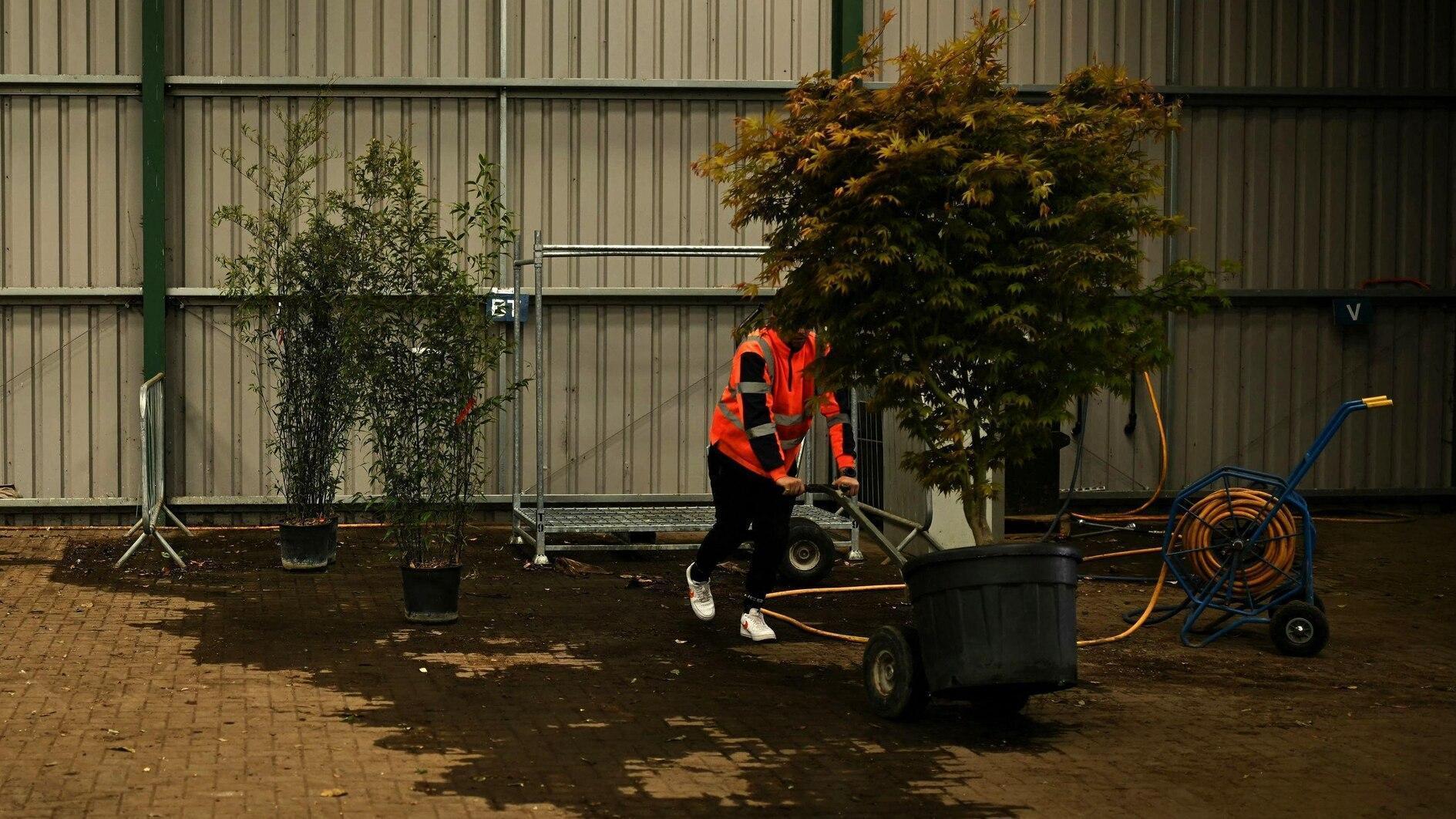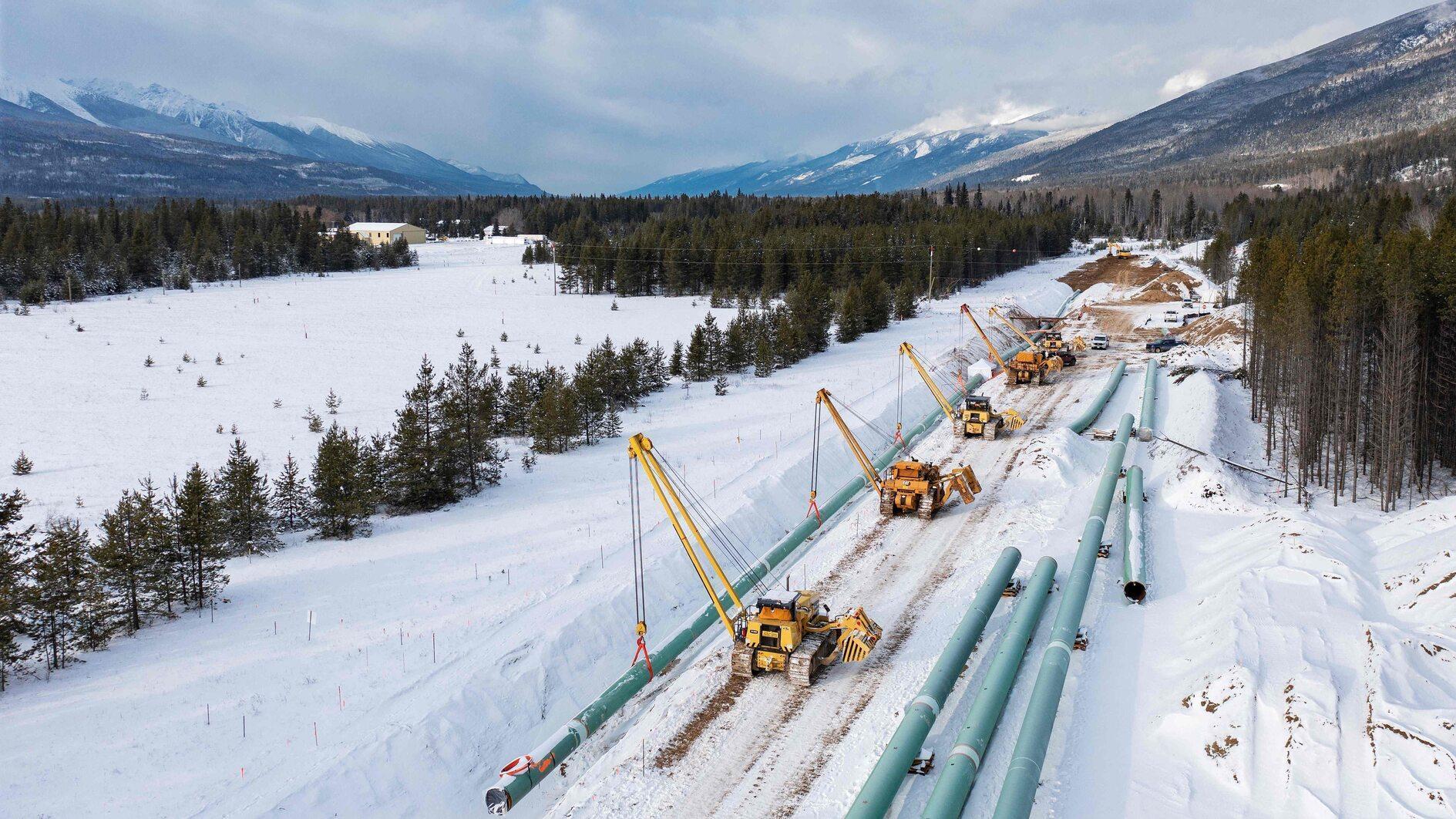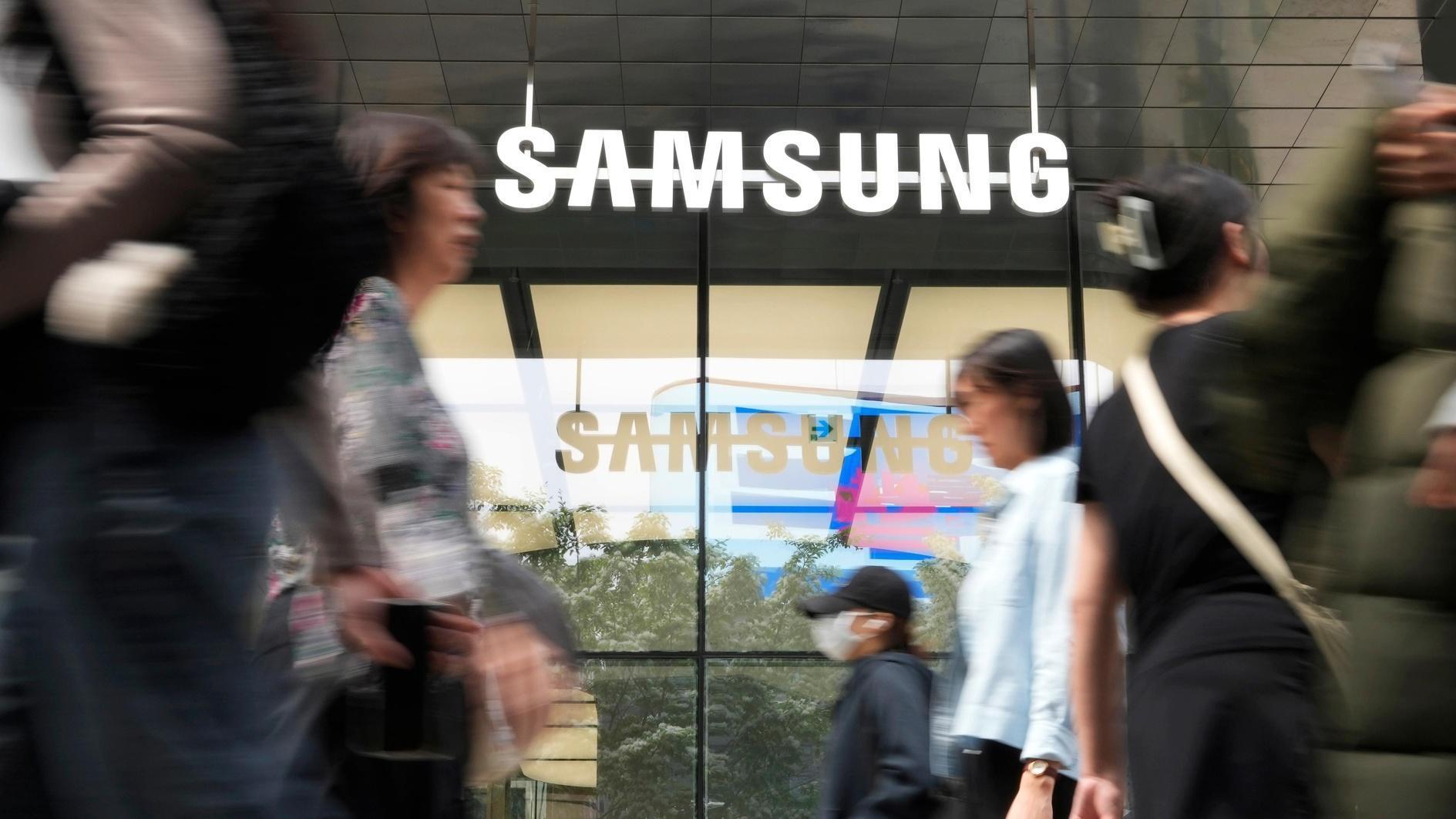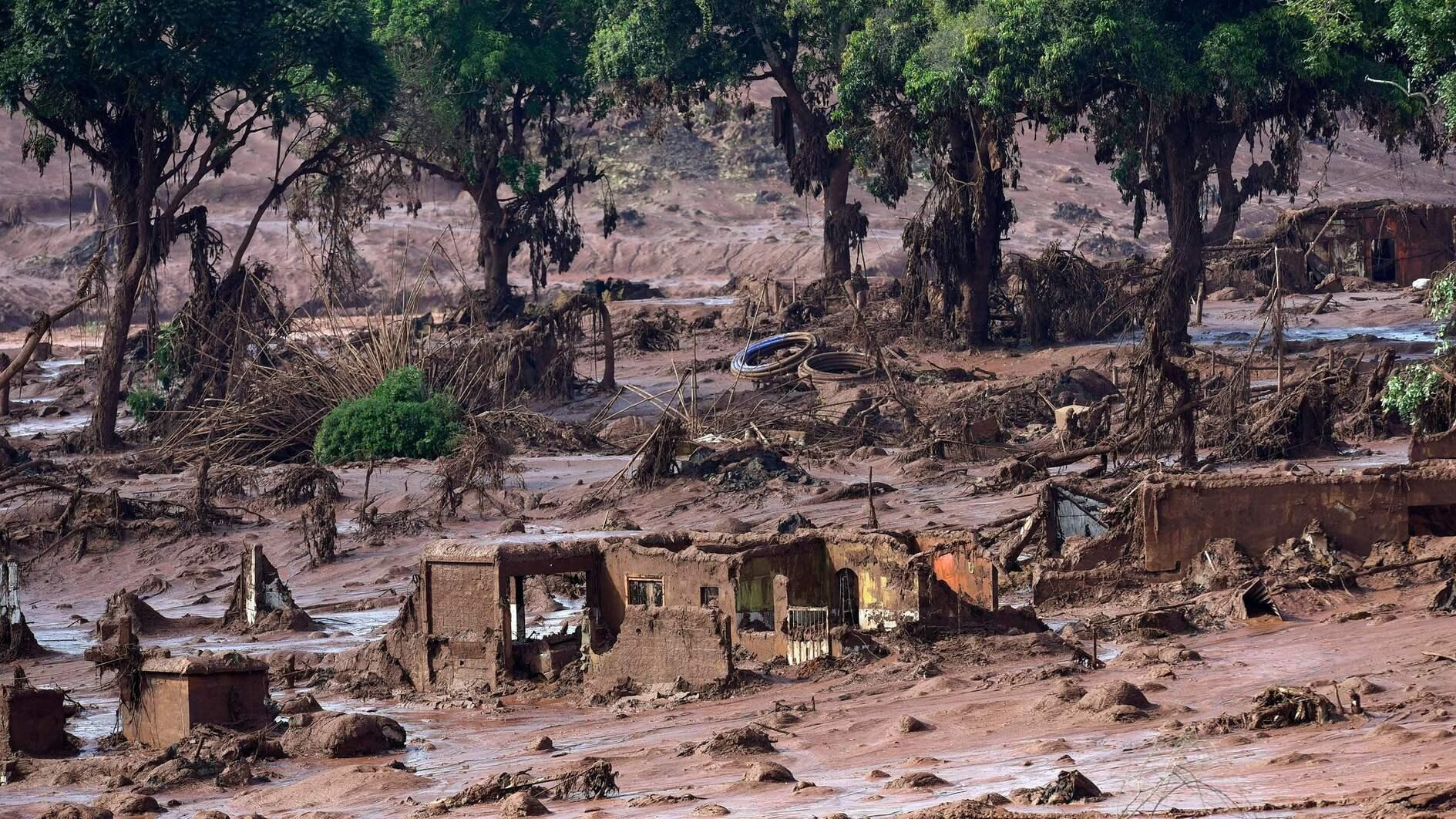Iraq blasts kill 60 as tension escalades
BAGHDAD
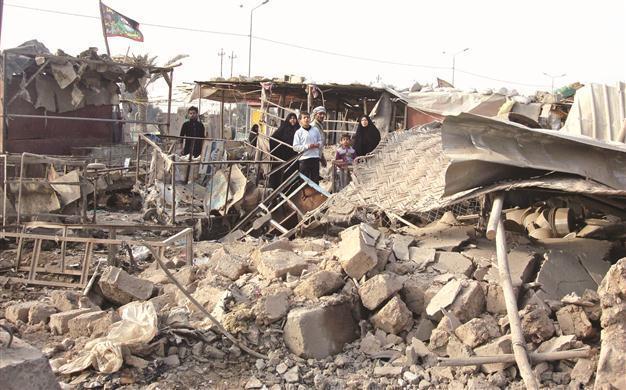
Residents gather at the site of a bomb attack that struck a market in Baghdad’s Shula district in northwestern Baghdad. REUTERS photo
A wave of 14 bombings ripped across Baghdad yesterday morning, killing at least 60 people in the worst violence in Iraq for months.The apparently coordinated attacks struck days after the last American forces left the country and in the midst of a major government crisis between Shiite and Sunni politicians that has sent sectarian tensions soaring.
The developments heighten fears of a new round of Shiite-Sunni sectarian bloodshed like that a few years back which pushed Iraq to the brink of civil war. There was no immediate claim of responsibility. But the bombings bore all the hallmarks of al-Qaeda’s Sunni insurgents.
Most bombings appeared to hit Shiite neighborhoods, although some Sunni areas were also targeted. In all, 11 neighborhoods were hit by car bombs, roadside blasts or sticky bombs attached to cars. There was at least one suicide bombing and the blasts went off over several hours.
The deadliest attack was in the Karrada neighborhood, where a suicide bomber driving an explosives-laden vehicle blew himself up outside the office of a government agency fighting corruption. At least 25 people were killed and 62 injured in that attack, officials said. Figures gathered from Iraqi health and police officials across the city put the death toll at 60 and 160 injured.
Iraqi officials quickly branded the attacks a political message sent during the current crisis. “The timing of these crimes and the places where they were carried out confirm to all... the political nature of the targets,” Iraqi President Nouri al-Maliki said in a statement. Two roadside bombs struck the southwestern Amil district, killing at least seven people and wounding 21 others, while a car bomb blew up in a Shiite neighborhood in Dora in southern Baghdad, killing three people and wounding six, police said. More bombs ripped into the central Alawite area, Shaab and Shula in the north, and a roadside bomb killed one and wounded five near the Sunni neighborhood of Adhamiya, police said.
[HH] Political turmoil
Violence in Iraq has ebbed since the height of sectarian slaughter in 2006 and 2007, when suicide bombers and hit squads targeted Sunni and Shiite communities in continual attacks that killed thousands of people.
Iraq is still fighting a stubborn, lower-grade insurgency with Sunni Islamists tied to al-Qaeda and Shiite militias, who U.S. officials say are backed by Iran, staging daily attacks. “We live in complicated circumstances, a complicated political scene and there is a conspiracy on Iraq from within,” Baghdad security operations spokesman Qassim al-Moussawi said.
The last few thousand American troops left Iraq over the weekend, nearly nine years after the invasion that toppled Sunni dictator Saddam Hussein. Many Iraqis had said they feared a return to sectarian violence without a U.S. military buffer.
Just days after the withdrawal, Iraq’s fragile power-sharing government has grappled with its worst turmoil since its formation a year ago. Shiite, Sunni and Kurdish blocs share out government posts in an unwieldy system that has been impaired by political infighting since it began.
This week, al-Maliki called for the arrest of Sunni Vice President Tareq al-Hashemi on charges that he organized assassinations and bombings, and he asked Parliament to fire his Sunni deputy Saleh al-Mutlaq after he likened al-Maliki to Hussein.
Hashemi, who has denied the accusations, has taken refuge in Iraq’s semi-autonomous Kurdish region where he is unlikely to be handed over to the Shiite-led government in Baghdad. The moves against the senior Sunni leaders have fanned sectarian fires anew because Sunnis fear the prime minister wants to consolidate Shiite domination over the country.
Compiled from AFP, AP and Reuters stories by the Daily News staff.



